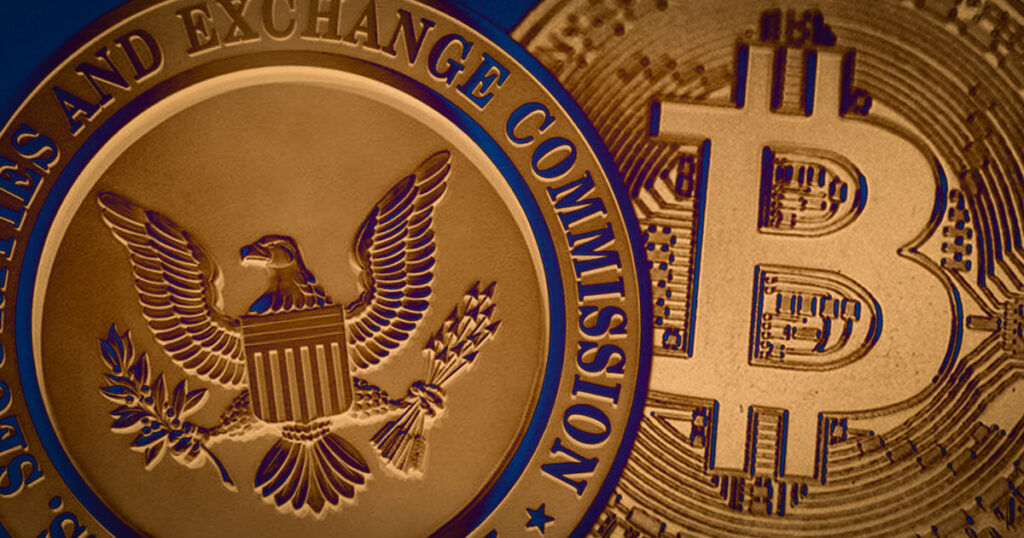According to former SEC attorney John Reed Stark the current SEC, chaired by Gary Gensler, is unlikely to approve a Bitcoin spot ETF application that addresses key regulatory concerns, including its ability to prevent fraud and protect investors.
The SEC crypto gap.
Interestingly, Stark believes the issue of crypto regulation has evolved into a partisan rift within the SEC, a dramatic shift from the bipartisan consensus against cryptocurrencies when Stark first began writing on the subject in 2017.
This partisanship has manifested itself in several ways, including the SEC crypto crackdown initiated by former Republican-appointed SEC Chairman Jay Clayton, known for his staunch criticism and sweeping regulatory action against cryptocurrencies.
The potential impact of the upcoming 2024 U.S. presidential election on the regulatory landscape is another factor to consider, Stark says. If elected, a Republican predicts a significant decrease in the SEC’s crypto enforcement efforts.
This potential reduction could lead to a more crypto-friendly environment, with the SEC potentially becoming more receptive to approving a Bitcoin spot ETF. In addition, it is more likely that other significant crypto-friendly regulatory actions will take place.
Stark also stressed that the SEC, as an independent federal agency, is subject to leadership changes following presidential elections.
Hester Peirce, coined by Stark as the “crypto-mom” for her support of cryptocurrencies, could become the acting chairman if a Republican is elected, with the current chairman, Gensler, likely to step down.
Given Peirce’s long track record of dissenting opinions on most crypto-related SEC actions, this change could significantly impact the SEC’s stance on cryptocurrencies.
Letter Better Markets to SEC.
Stark also referenced a Better Markets letter to the SEC that noted several issues with the proposed rule changes that would allow the listing and trading of spot Bitcoin ETFs.
These include concerns about manipulation in the Bitcoin market, with accusations of “wash trading” creating false volumes.
In addition, Better Markets argued that the proposed surveillance sharing agreements with trading platforms such as Coinbase are insufficient to detect manipulation as Coinbase only accounts for 5% of global Bitcoin trading.
The organization also points out that concentrated ownership of Bitcoin poses a risk, with 50 miners controlling half of the mining capacity and the top 10,000 Bitcoin wallets owning 27% of Bitcoins.
Ultimately, Stark argued that the SEC’s decisions on Bitcoin ETFs and related regulatory issues are likely to be influenced by several factors, including internal politics, the broader political landscape, and ongoing concerns about market manipulation and investor protection.
As the political spectrum stands today, Stark does not believe a spot Bitcoin ETF will be approved, and that would require changes in the regulatory landscape.










